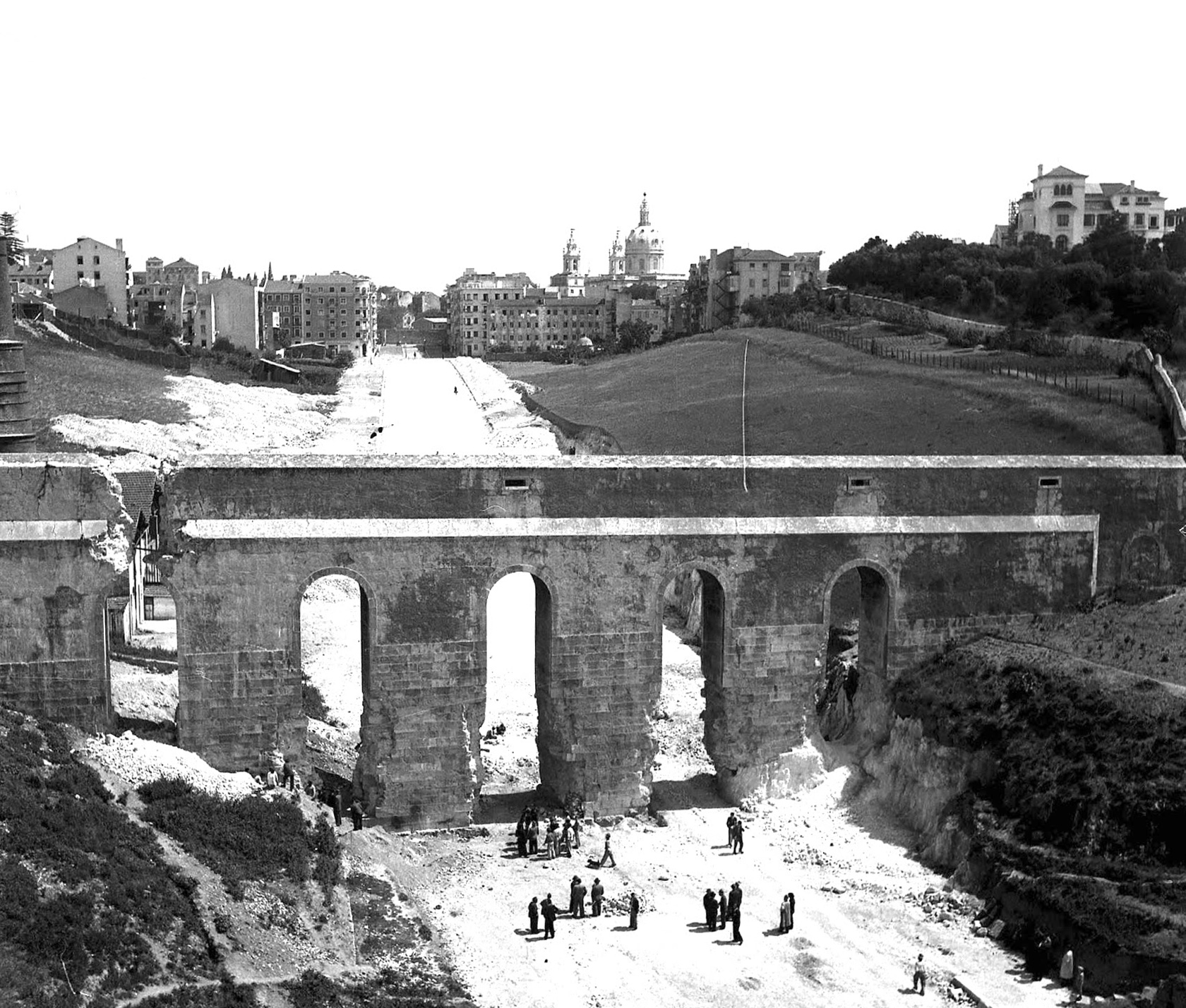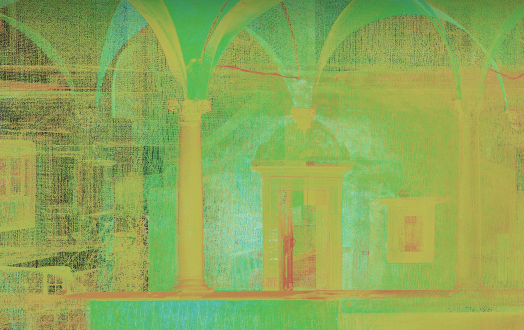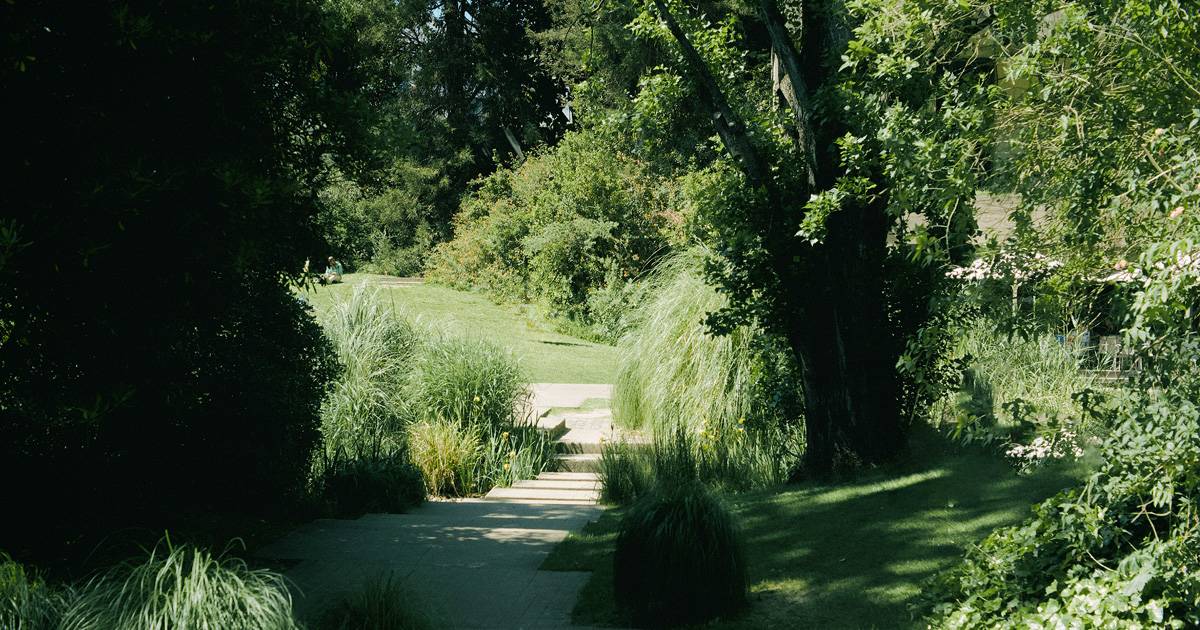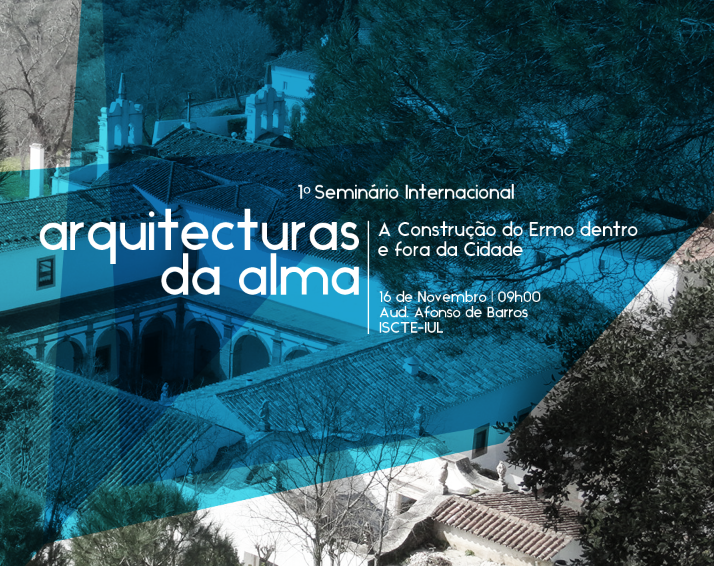Eventos
International Colloquium
‘Cities in 'the age of technological reproducibility. Digital Culture: Architecture and Identity’ é um encontro científico integrado no programa doutoral em Arquitetura dos Territórios Metropolitanos Contemporâneos do ISCTE-IUL.
A organização desta iniciativa está a cargo de dois centros de investigação ISTAR-IUL e DINAMIA’CET-IUL. Os objetivos são: consolidação da linha de investigação relativa aos temas do território contemporâneo; e dar a conhecer à comunidade académica o impacto das tecnologias digitais avançadas de visualização, simulação e fabricação na arquitetura. O colóquio conta com a presença de oradores de referência internacional e nacional, e consiste na apresentação de diversos casos que relacionam a investigação e prática projetual. As apresentações pretendem promover o debate público alargado sobre a investigação e a inovação em arquitetura através do confronto de diferentes perspetivas.
Consulte em baixo, o programa:
Organização:
Alexandra Paio (Coord.), ISTAR-IUL
Paulo Tormenta Pinto, DINAMIA’CET-IUL
Programa
17h | Abertura
Nuno Guimarães, ISTAR-IUL, ISCTE-IUL
Pedro Costa, Dinamia’CET, ISCTE-IUL
17h 15 | Introdução
Paulo Tormenta Pinto, Dinamia’CET, ISCTE-IUL
Alexandra Paio, ISTAR-IUL, VFABLAB-IUL, ISCTE-IUL
17h 30 | Keynote speaker
Mark burry, Univ. of Melbourne
19h| Intervalo
19h 30 | Talks
José Pedro Sousa, DFL, Fac. Arquitetura.Univ.Porto
João ROCHA, Dept. Arquitectura. Univ.Évora
Spaceworkers, Porto
Campos Costa arquitetos, Lisboa
Debate
Mark Burry
Mark Burry has published on two main areas of research: the work of Antoni Gaudí and putting theory into practice in developing ‘challenging’ architecture. Since 1979, he has been a consulting architect to the Temple Sagrada Família and is a key member of the design team investigating Gaudí’s compositional strategies. Professor Burry is currently Professor of Urban Futures at the University of Melbourne, Australia, and was previously a was Professor of Innovation, and Director of the Spatial Information Architecture Laboratory and Design Research Institute at RMIT, Australia. He is the author of several books on digital design, including Scripting Cultures and (with Jane Burry) The NewMathematics of Architecture.
mark.burry@unimelb.edu.au
José Pedro Sousa
José Pedro Sousa is an Assistant Professor at Faculty of Architecture of the University of Porto. With an interest in exploring new conceptual and material opportunities emerging from the use of computational design and fabrication technologies, he has developed a professional activity merging the realms of teaching, research and design practice. In academics, he teaches courses on geometry, design and computation, and he is co-director of the CEAAD, Advanced Studies Program in Digital Architecture. Prior to FAUP, he taught in the undergraduate and master programs at the ESARQ-UIC (University of Catalonia) and at the IAAC (Institute for Advanced Architecture in Catalonia). At the research level, his PhD focused on rethinking the applications of cork in architecture through the use of CAD/CAM technologies. During this investigation he was a Special Student in Design and Computation at the MIT (Massachusetts Institute of Technology) and a Visiting Scholar at the UPenn (University of Pennsylvania). In 2009 he received the Young Research Award of the Technical University of Lisbon. Professionally he was co-founder of ReD Research+Design, an architecture studio based in Porto and Barcelona. With completed projects in many European countries, ReD’s work was winner of several prizes like the FEIDAD ’05, OutrosMercadus ’06 and NEOTEC in 2007. In 2010 he was co-founder of OPO’Lab in Porto.
jpsousa@arq.up.pt
João Magalhães Rocha
João Magalhães Rocha is an architect, currently the Director of the Department of Architecture at the University of Évora (UE), Portugal. He earned a M.Sc from Columbia University (GSAPP) New York (1995) and completed his PhD at the Massachusetts Institute of Technology (MIT) at the Design and Computation Group. He taught at the Pontificia Universidad Católica (PUC) at Santiago, Chile (1996), at MIT as a teaching assistant (1998-2002) and received a Post-doc Fellowship from the Paul Mellon Centre for Studies in British Art in London (2008). His book, Architecture, Computing and the Second World War. From Crystallography to Digital Research in Architecture, will be published by Routledge in Spring 2018.
rjoao@uevora.pt
Spaceworkers
The spaceworkers® project arises from a common desire of the three mentors, Carla Duarte, Henrique Marques and Rui Dinis, to create a "brand" capable of representing a horizontal approach across fields as diverse as Architecture, Economics, Design and Furniture, proving to be possible and even recommendable to all these different areas.
As a creative workshop, we seek to instill in our work a touch of innovation and sensory excitement, appealing to the sensibilities of its customers to a new way of viewing space as an instrument of communication, planning and interaction with public sentiment. We believe that the proposals made by spaceworkers ® seek to meet the needs of its clients, avoiding the obvious, seeking a path where form clearly follows emotion. It also seeks a compromise between the formal and functional options and the overall cost of the work, because we believe it is precisely this balance that grounds the added value of our work.
Campos Costa arquitetos
Campos Costa Architects was found at the end of 2007 as an interdisciplinary research and development practice to inform architectural design.Our rigorous approach to architecture drives decision making amongst design teams and suppliers with the aim of creating an integrated project. Our portfolio of work has developed and delivered projects at different scales, from buildings to household furniture. Each of these projects is the result of detailed study of construction processes, systems and materials that validates its cultural and social significance. (R)innovate Tradition is a clear statement of sustainability that explicitly engages social, cultural and environmental concerns. It seeks to adopt innovative technology, such as eco-materials and low emission technology, as well as passive design principles. It takes the position that promoting resilience at the local scale is key to addressing the global environmental challenges of today. Campos Costa Architects successfully delivered the Lisbon Aquarium extension, the Portuguese Environment Agency Headquarters extension, the Quarteira´s Seafront and Municipal Market. We have also developed several projects in the fields of art and scenography, including the 13 longue Chair, in Interni Mutant architecture & Design – Salone del Mobile, Milano. The office has received numerous awards and honours, including: A.prize 2012 Exposynergy premia l'architettura ", promoted by Triennale di Milano; 2012 40 under 40 winners- Europe´s Emerging Young Architects and Designers; "Next Generation Award" for "Casa Não casa "; Magazine Metropolis, New York. An Honorable Mention in Gyeonggi International Ceramix Biennale – Seoul – South Korea; Awarded "Premio Signorini" - urban intervention in the garden corso Magenta, Organized by D'Ars Agency, Milan; Award Libero Ferretti "Dove Abita l'utopia" - organized by the foundation Libero Ferreti and Domus Academy - with the intervention "Landscapes Indivisible" in Rome.
cca@camposcosta.com



